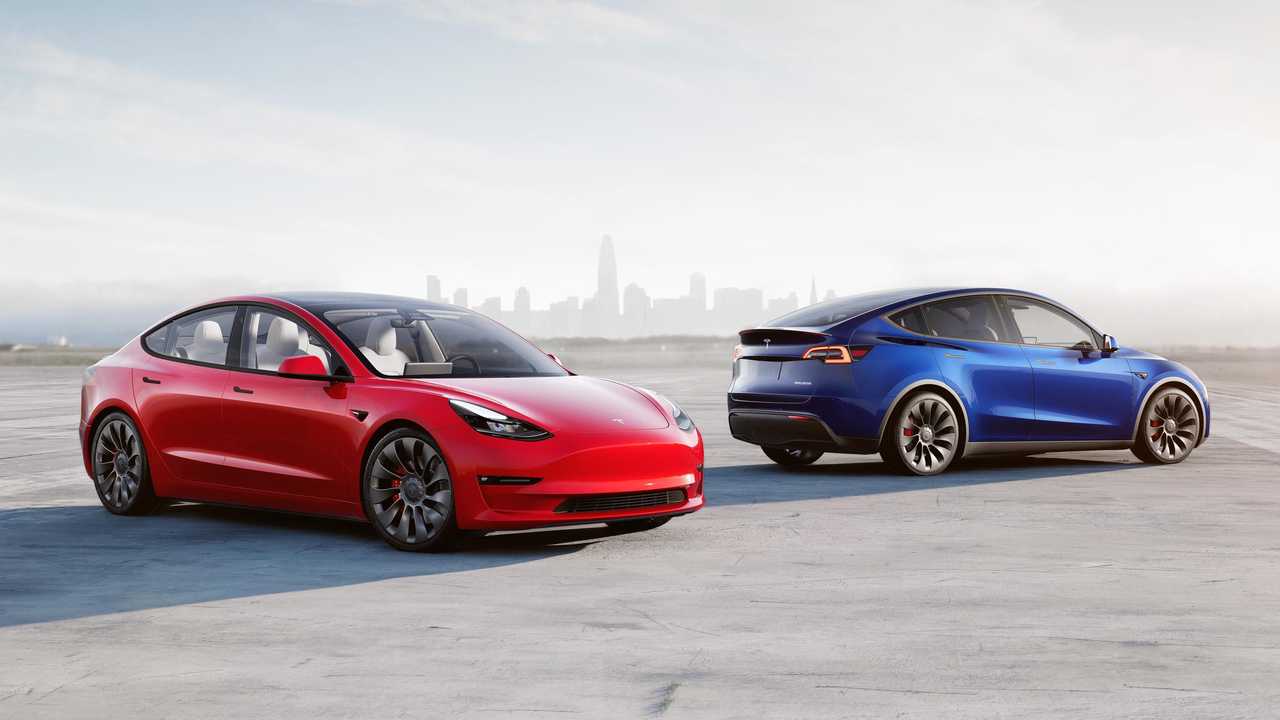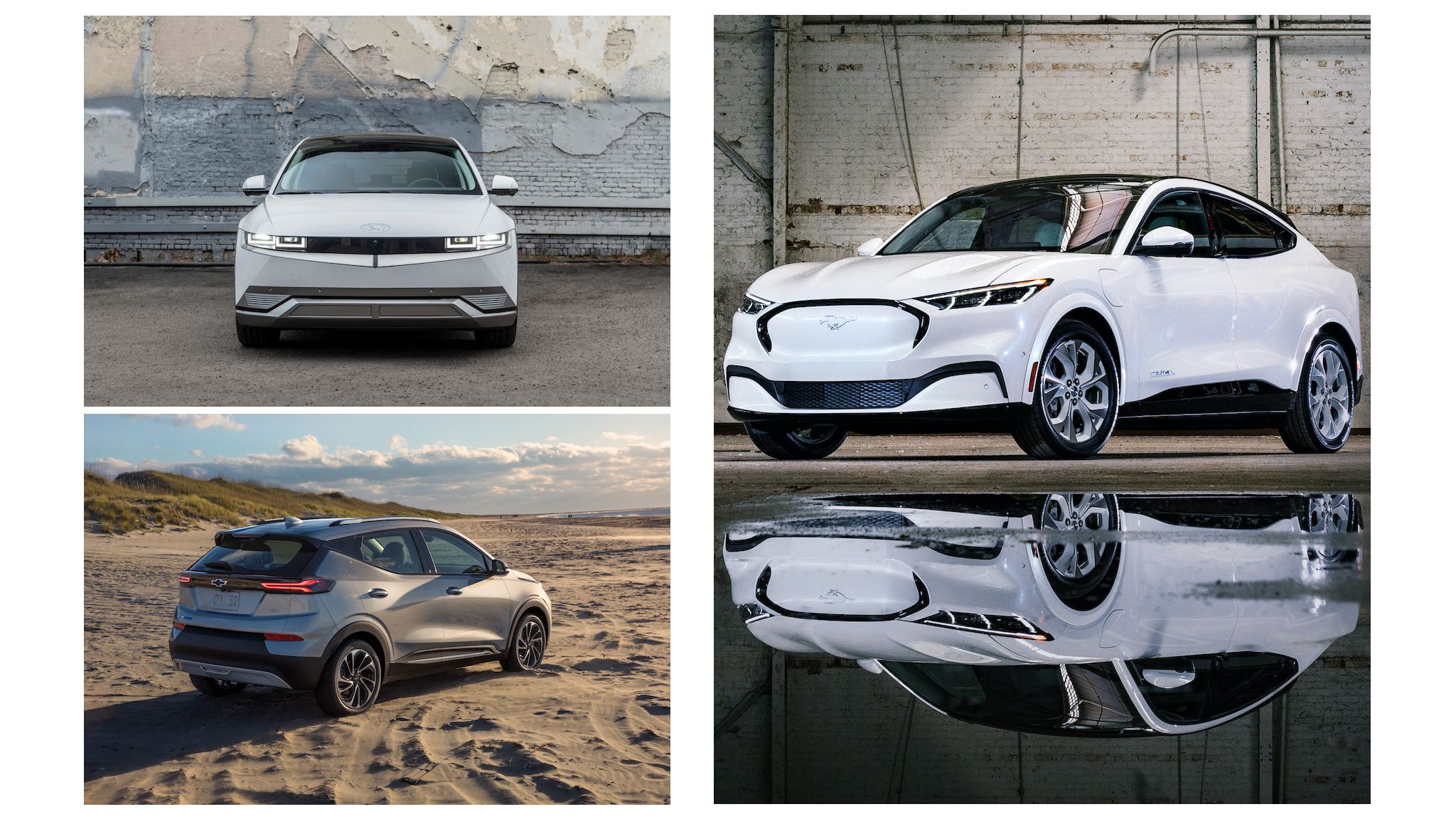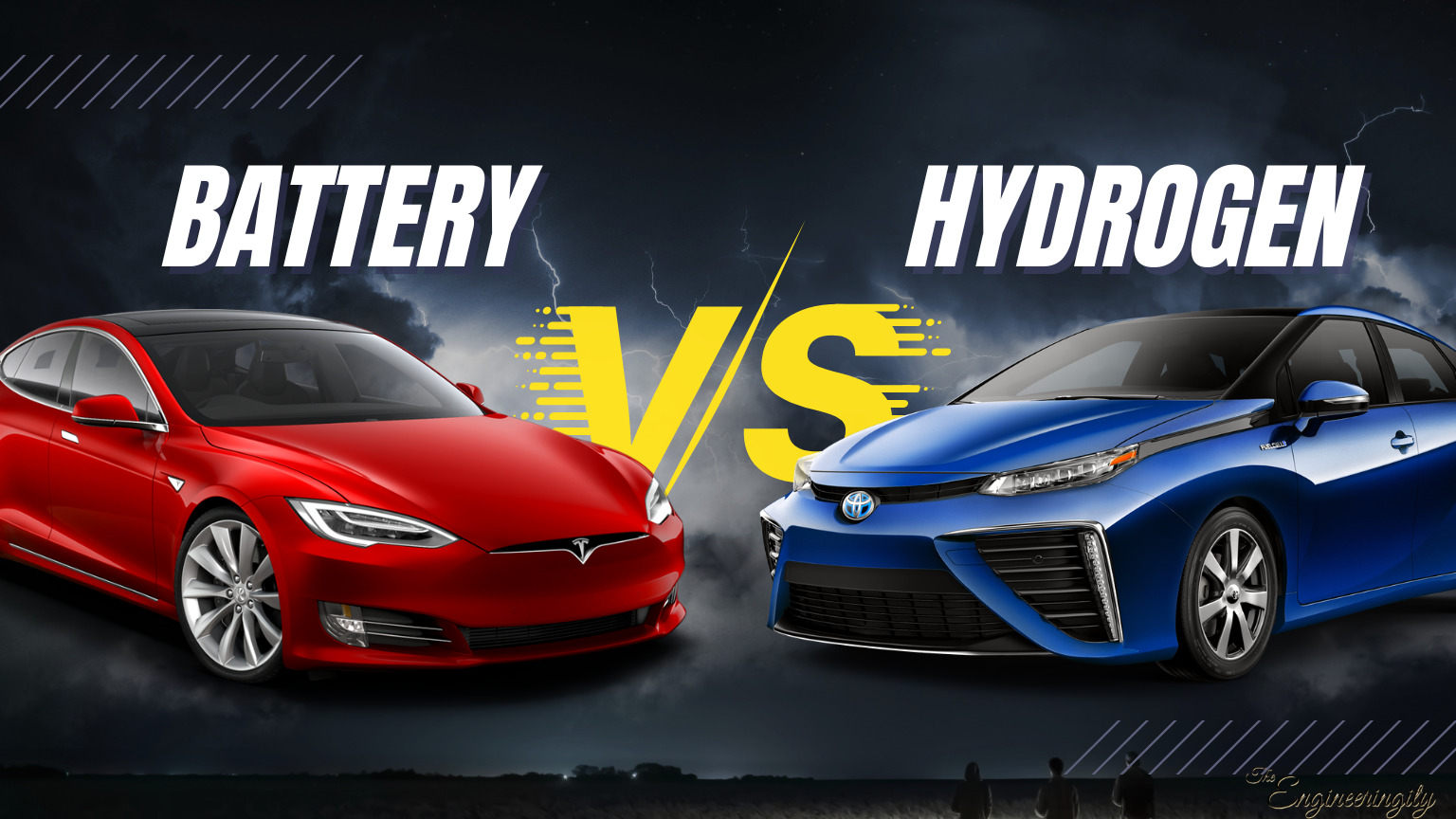If you’re in the market for a new car and are considering the environmental impact, electric cars are an excellent choice. Leasing an electric car can be a smart move, as it allows you to enjoy the latest technology without the long-term commitment of owning a vehicle. But with so many options available, you might be wondering, “What is the best electric car to lease?” In this guide, we will explore the top electric cars available for lease and help you make an informed decision.
Why Lease an Electric Car?
Before we dive into the specifics, let’s briefly discuss why leasing an electric car is a popular choice. Electric cars offer numerous advantages, including:
- Environmental Benefits: Electric cars produce zero tailpipe emissions, reducing your carbon footprint and contributing to a cleaner environment.
- Cost Savings: Leasing often involves lower monthly payments than purchasing, making electric cars more affordable in the short term.
- Latest Technology: Leasing allows you to access the newest electric car models and their cutting-edge features without the burden of ownership.
- Reduced Maintenance: Electric cars typically have fewer moving parts than traditional vehicles, resulting in lower maintenance costs.
What Is The Best Electric Car To Lease?
Now, let’s address the burning question: What is the best electric car to lease? The answer depends on your preferences, budget, and specific needs, but here are some top contenders in the electric car market:
Tesla Model 3
The Tesla Model 3 is one of the most popular electric cars on the market. It offers an impressive range, cutting-edge technology, and a sleek design. With its affordable pricing and access to Tesla’s Supercharger network, the Model 3 is a compelling choice for many.
Nissan Leaf
The Nissan Leaf is a reliable and affordable electric car option. It comes with a comfortable interior, decent range, and a history of reliability. The Leaf is an excellent choice for those looking for an economical electric car.
Chevrolet Bolt EV
The Chevrolet Bolt EV boasts an excellent range and a spacious interior. It’s a versatile electric car that offers a balance of affordability and functionality, making it a popular option for those on a budget.
Ford Mustang Mach-E
For those seeking a sportier electric car, the Ford Mustang Mach-E combines the iconic Mustang styling with electric power. It offers an exhilarating driving experience and a range of models to choose from, catering to various budgets.
Hyundai Kona Electric
The Hyundai Kona Electric is a well-rounded electric SUV. It offers a competitive range, a comfortable interior, and a more affordable price point compared to some of its competitors. It’s a solid choice for those looking for a compact SUV with electric power.
Factors to Consider When Leasing an Electric Car
When deciding what the best electric car to lease is, you should consider several factors:
- Range: Determine how far you need to travel on a daily basis and choose a car with a range that suits your lifestyle.
- Charging Infrastructure: Check the availability of charging stations in your area and along your typical routes.
- Budget: Evaluate your budget and consider the monthly lease payments, down payment, and potential incentives or rebates.
- Features: Think about the features that matter most to you, such as advanced safety technology, infotainment systems, and overall comfort.
Conclusion
In your quest to find the best electric car to lease, remember that there is no one-size-fits-all answer. Each of the electric cars mentioned above has its unique features and benefits. It’s essential to test drive a few options and determine which one aligns best with your preferences and needs.
Leasing an electric car is a fantastic way to experience the future of automotive technology without the long-term commitment of ownership. So, whether you’re drawn to the tech-savvy allure of Tesla, the budget-friendly appeal of Nissan, the sporty feel of Ford, or any other electric car on the market, there’s a perfect option for you.
In the end, what matters most is that you’re making a greener choice for the environment while enjoying the perks of the latest automotive innovations. So, when you ask, “What is the best electric car to lease?” rest assured that the answer is as diverse as your individual preferences.
When you’re ready to take the plunge into eco-friendly mobility, consider leasing one of the best electric cars on the market. You’ll be making a positive impact on the environment and enjoying the cutting-edge technology of electric vehicles.




